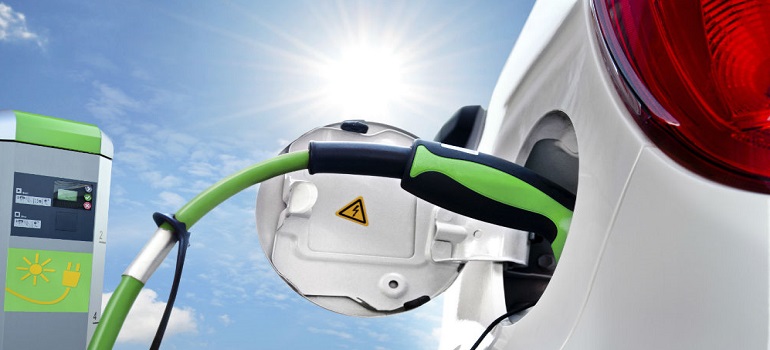 Sales growth of electric and plug-in hybrid cars has dimmed across the European Union’s major markets during the first half of this year because of limited driving ranges and a patchy charging network.
Sales growth of electric and plug-in hybrid cars has dimmed across the European Union’s major markets during the first half of this year because of limited driving ranges and a patchy charging network.
Registrations of electric cars rose 33 percent in the six months through June, compared to a 54 percent surge a year earlier, consultancy EY said Tuesday. Strong demand in Germany, the EU’s biggest auto market, wasn’t enough to offset meeker growth in the UK, the second largest.
“Electric cars remain a niche product for now,” EY partner Peter Fuss said in a statement. “Charging infrastructure remains inadequate and the models currently available mostly don’t offer a good enough range.”
Carmakers in Europe are under pressure to meet tough new EU rules on lowering fleet carbon dioxide emissions that will be phased in during 2020. Consumers staying on the fence on electric cars, and favoring gasoline cars over diesel engines, raises the stakes for manufacturers like Mercedes-Benz maker Daimler AG and Fiat Chrysler Automobiles NV who risk steep fines if they exceed the new ceiling. Diesel cars emitting about a fifth less CO2 than equivalent gasoline vehicles.
Demand for diesel has slumped in the EU’s biggest automotive markets during the first half of the year as buyers worry about driving bans in cities, three years on from Volkswagen AG’s emissions cheating. At the same time, sales of gasoline cars have jumped 16 per cent.
Carmakers including BMW AG, Daimler and Volkswagen will unveil a range of new electric products in the coming years, such as the BMW iX3 sport utility vehicle and VW’s I.D. mass-market range, a standalone battery lineup.
“The situation will only change in the medium-term,” said Fuss. “Starting in the luxury segment, electric powertrains will establish themselves as serious alternatives.”
Source: Bloomberg


